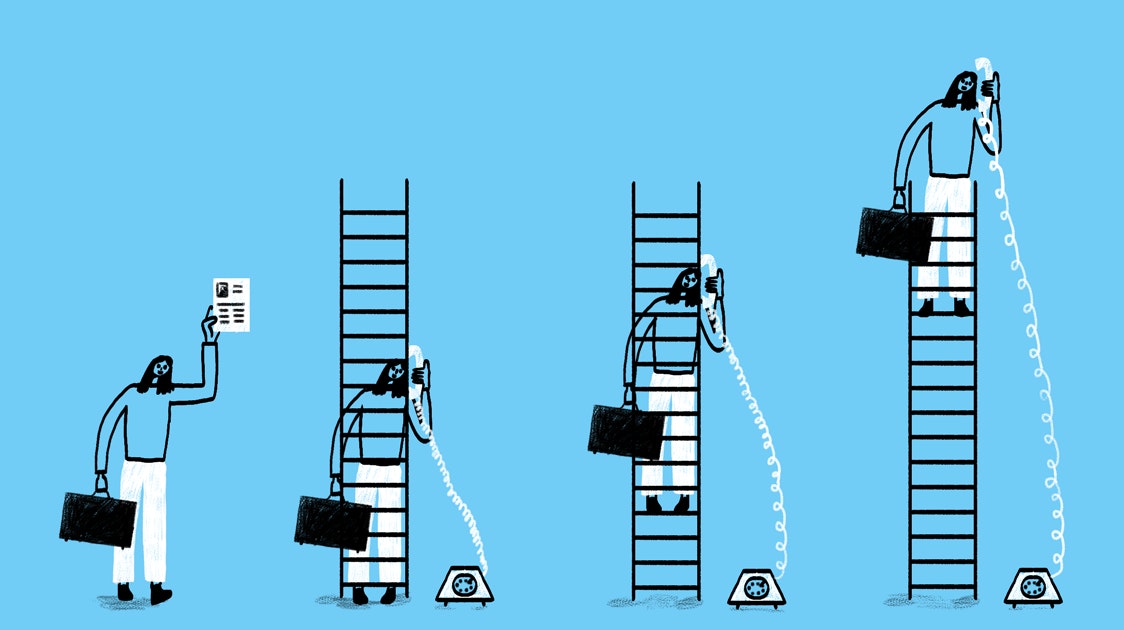Comparing SaaS and Ecommerce Support


Consistent, competent online service is enough to differentiate your business from many of your competitors. However, building a customer-centric business that offers exceptional service means going beyond competence. It requires a support organization that is shaped to fit the specific needs of your industry and customer base.
There is plenty of crossover between the set of skills needed for supporting software-as-a-service (SaaS) customers and ecommerce customers, but each market presents its own opportunities and challenges. Whether you are building out a new team or trying to enhance your existing service delivery, this article will help you level up your team.
How ecommerce support differs from SaaS support
Grab yourself a grain of salt, because we’re generalizing here. Not every ecommerce and SaaS business will fall neatly into the pattern described below, but you know your own business and can plan accordingly.
Compared to SaaS businesses, ecommerce companies tend to:
Sell lower-priced items and have lower average transaction value.
Often sell directly to consumers rather than to businesses.
Serve broader and more varied customer demographics.
Receive more repeated and predictable support questions.
Handle higher volumes of support at lower levels of complexity.
Have fewer support interactions with any given customer.
More often offer support on social channels like Instagram.
More often offer live chat support.
Understanding how those differences can shape the requirements, staffing, and execution of customer service is the key to standing out in your competitive crowd.
Customer service skills for SaaS and ecommerce
For the most part, the same customer service skills that would serve you well in food service or retail will transfer perfectly into online service of all types. Emotional intelligence, patience, communication — these skills and at least 18 others are valuable in any service scenario.
Few people hold every service skill in equal proportion, and there are more specialized skills that can apply in ecommerce and SaaS roles specifically. The following comparison could help you target the right profile for your particular customer service hiring needs.
| Ecommerce support | SaaS support |
|---|---|
|
|
There are plenty of support professionals who would perform at high levels in both forms of business. However, even they could have interests and backgrounds that will draw them more to one side or the other over time.
Putting together the best team to support your customers is a big job, and you need every edge you can get. Let’s look at some ways to improve your odds of success.
Hiring and honing the right team for your industry
When you next hire a new person for your customer service team, consider refining your application and interview process to attract and identify people who are most suited to the specific type of service that works best in your own industry.
For example, if you’re looking for ecommerce support, you may not require the same level of technical skills that you would for supporting a complex software product. Instead, you can prioritize people with other strengths, like clear and concise communication that has personality or excellent knowledge of your product range.
It may also allow you to access people who are not currently working in tech but who could easily transfer their customer service skills. Teachers, psychology majors, retail workers, and even airforce pilots can bring new approaches and attitudes into your team, making it even stronger. We’ve got plenty of resources to help you know when to hire, plan and run a successful interview, and train staff to higher levels.
Specialize where it matters most
Ecommerce and SaaS are two enormously competitive areas to work in, so it pays to spend some time finding the best fit for your team. I spoke to Lucy Jasper from outsourced customer service provider Influx about their method for allocating their support staff to their various clients.
Influx typically places less experienced team members first in ecommerce support roles, where the questions tend to be less complex. That allows people to bring their communication and multitasking skills to work very quickly, something that is particularly handy for businesses experiencing large seasonal spikes in demand for support.
People with more technical backgrounds and experience handling more involved products are often assigned to SaaS support roles where the range and detail of questions can be much larger. As Influx team members develop their experience and skills, they may begin to specialize in particular areas or industries and find the best way to make use of their particular mix of talents.
At the Academy to Innovate HR (AIHR), support and admissions manager Neal Travis similarly allocates new staff to answer the online product questions from his consumer customers that tend to be more similar than the SaaS B2B questions his team also handles.
Neal finds this allows him to hire from a more diverse pool by giving people the ability to be effective quickly and then develop the specialist knowledge they will need in order to offer more white-glove service down the line.
Choosing the best fit
When you understand what matters most for your customers and in your specific industry, whether it’s SaaS or ecommerce, you can create a team and an environment that can deliver exceptionally high-quality customer service.